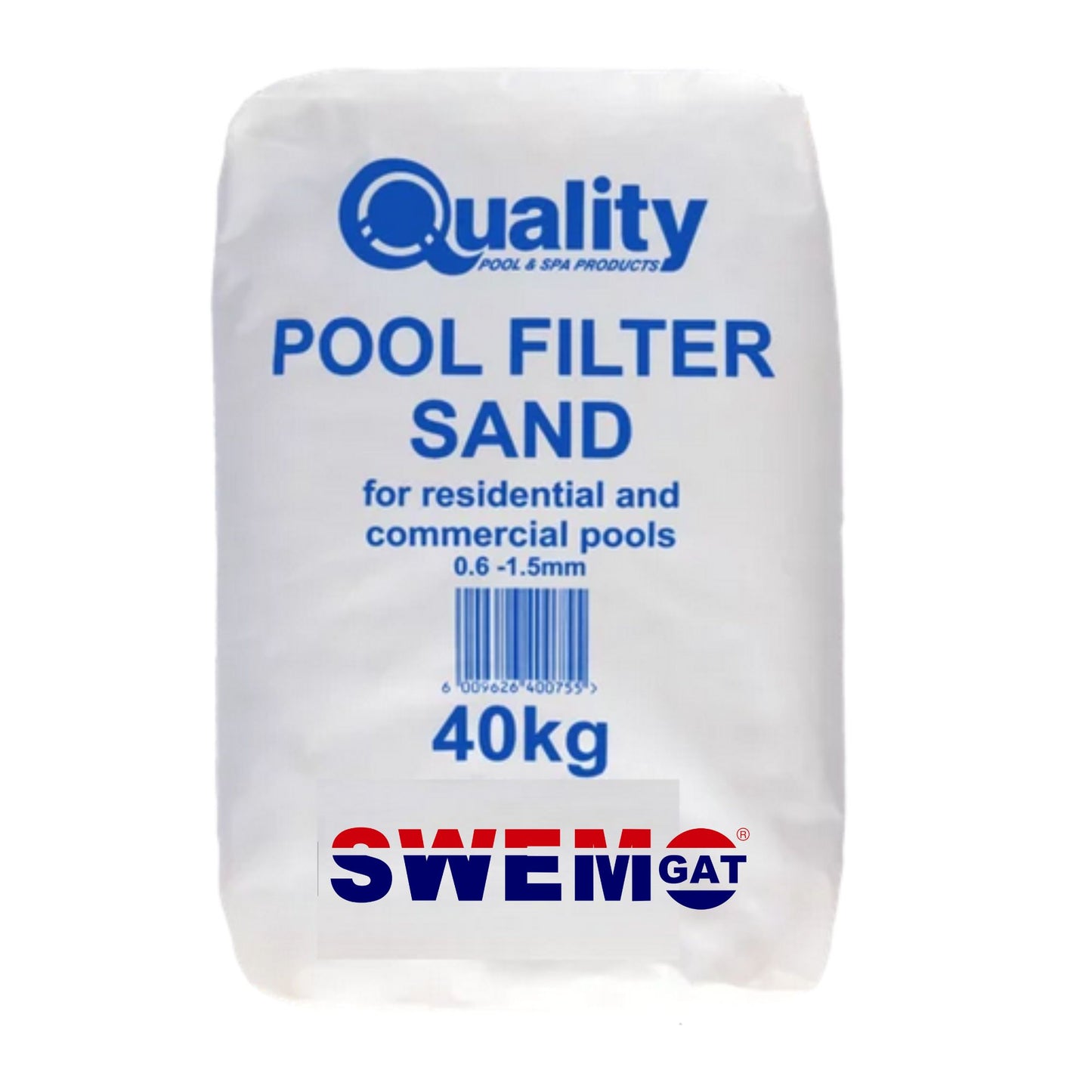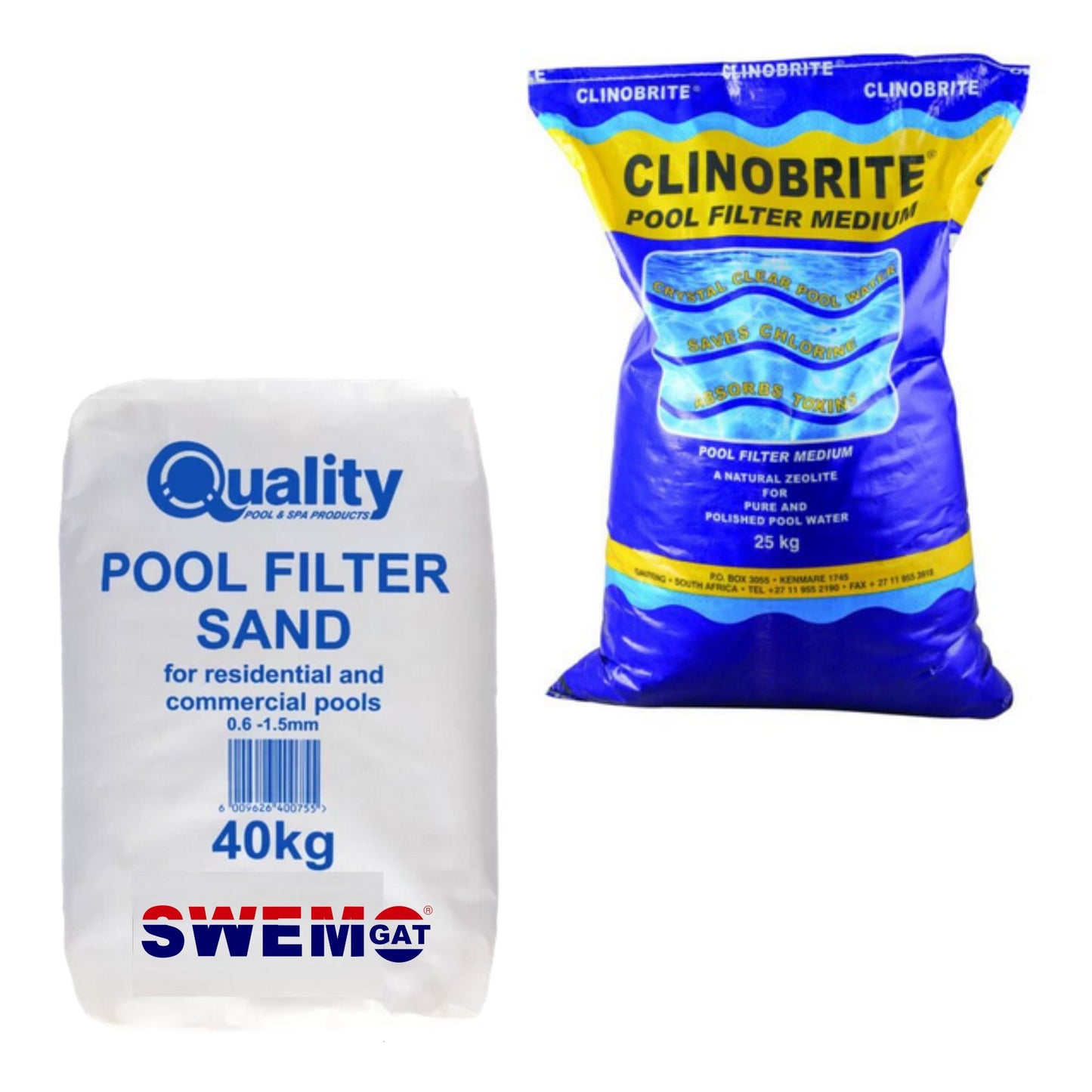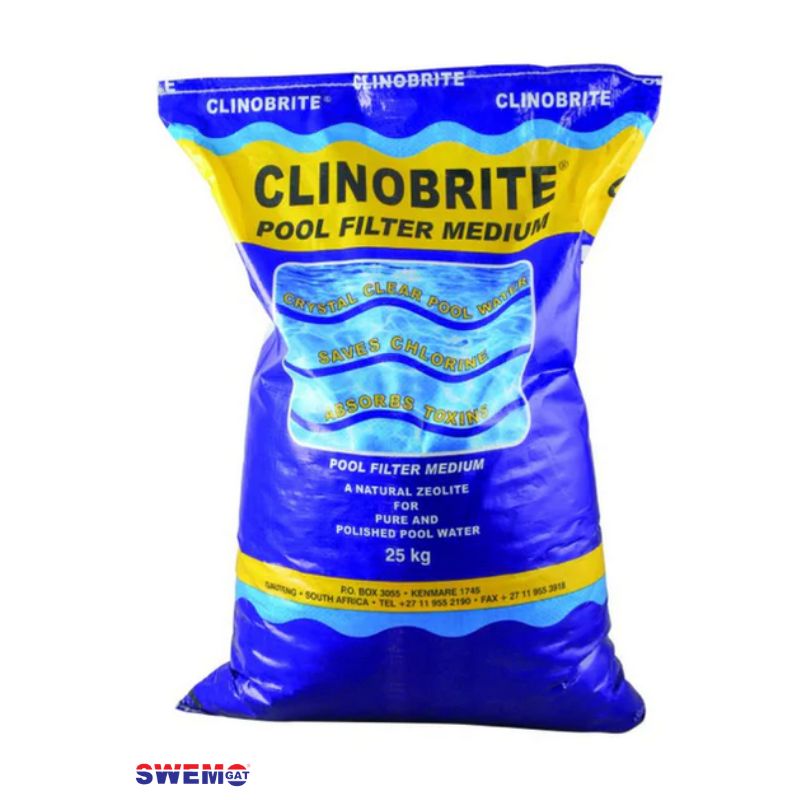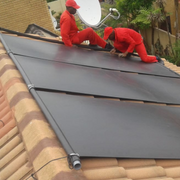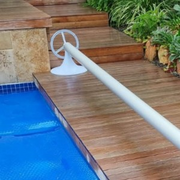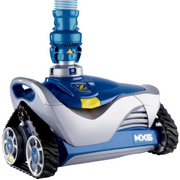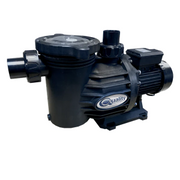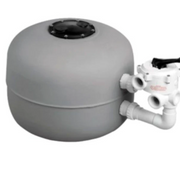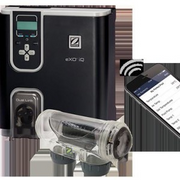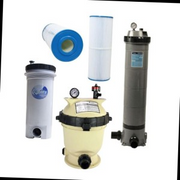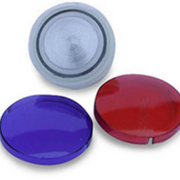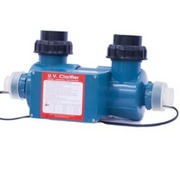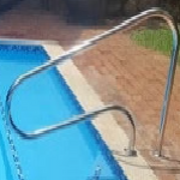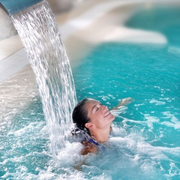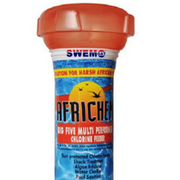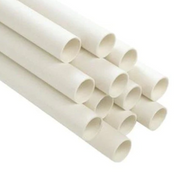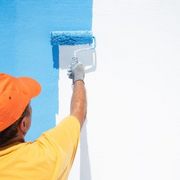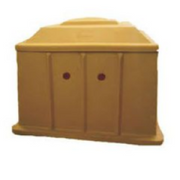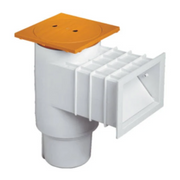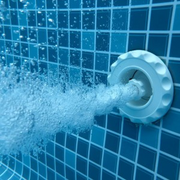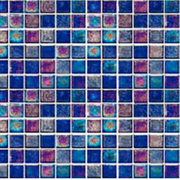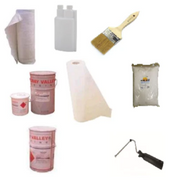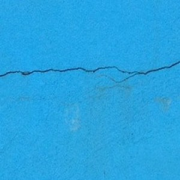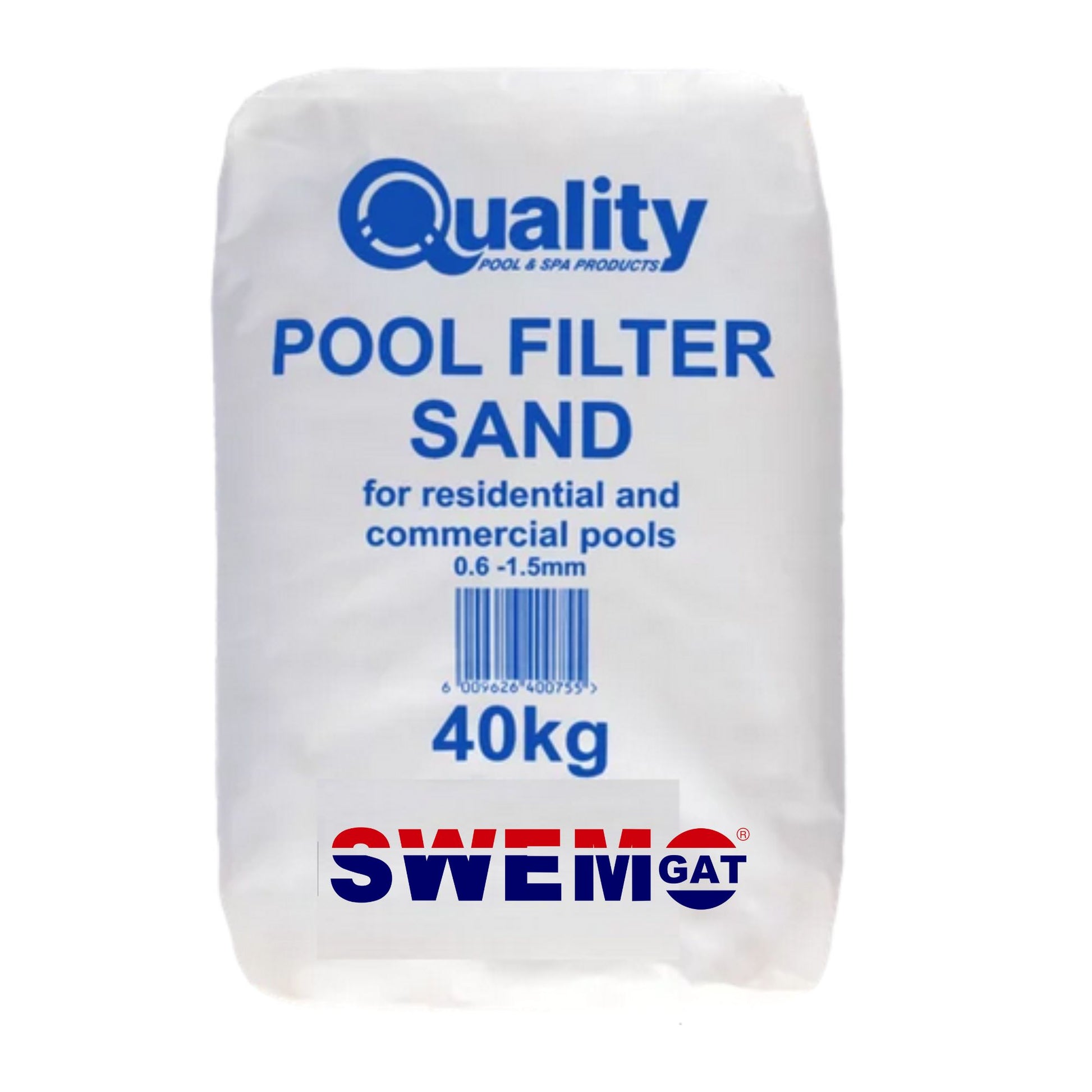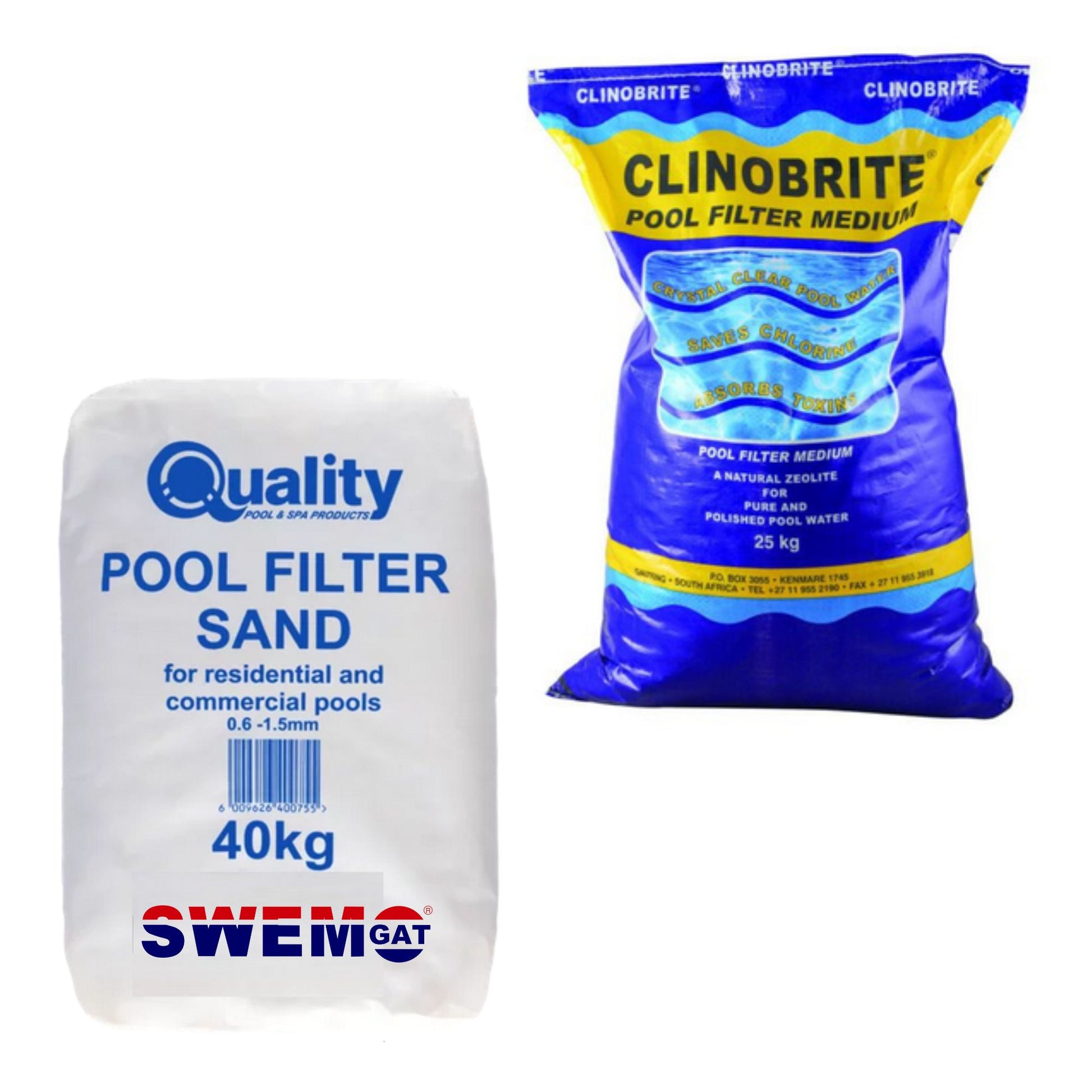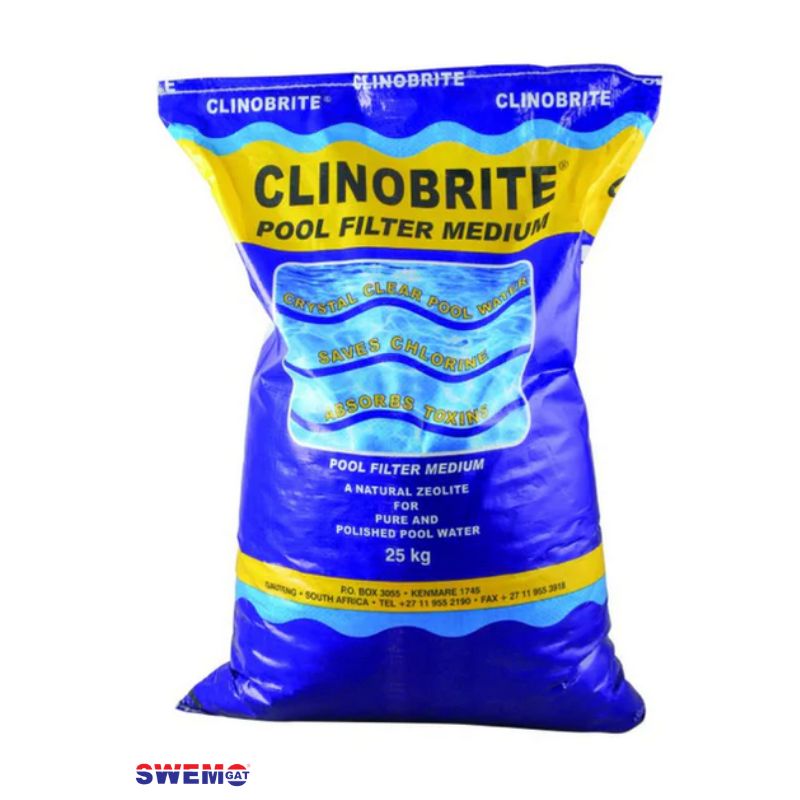Pool filter medium for sand filters
Pool filter medium for sand filters
Couldn't load pickup availability
Estimated Delivery Time (click here)
Estimated Delivery Time (click here)
Cape Town, Durban, Gauteng: 7 Days | Other areas: 9 Days | Sorry, no delivery to outlying areas and farms.
We recommend the following 2 options as filter medium for your swimming pool's sand filter.
- Silica pool filter sand that
- Clinobrite (treat water mechanically and chemically)
SILICA POOL FILTER SAND 40KG
Silica sand, with a size of 0.6-1.5mm, is a popular medium for pool filters. Its small, angular particles effectively catch and remove dirt and debris as water passes through the filter, which can then be washed out during the 'backwash-and-rinse' process.
- Replace every 2 years for optimum filtration
THE SUPERIOR ALTERNATIVE IS CLINOBRITE:
- It mechanically captures dirt and debris
- And also treat the water chemically during the filtration process
How many bags do I need?
To find the size of your sand filter, check the drum for a number.
For instance, Aquaswim 3 means the drum holds 3 bags of sand. Other manufacturers may use Q120 or just 120 to show it's a 3-bag filter (3 bags x 40kg = 120kg). A 2-bag filter would be labeled "80" for 80kg of standard sand and a 4-bag filter would have "160" printed on it.
While Clinobrite is lighter, 1 bag of 25kg Clinobrite replaces 1 bag of 40kg silica sand for filters.
What is the chemical effect of using CLINOBRITE?
- It absorbs Ammonia
- Absorbs and holds harmful heavy metals particles in the water
- Reduces chlorine demand and remove burning eyes and unpleasant smells, often experienced at resort pools or a lot of swimming i.e. "heavy bather loading"
Clinobrite is a specialized Zeolite mineral that is mined in South Africa. It is a convenient and cost-effective alternative to pool filter sand. Clinobrite effectively removes ammonia from pool water, thereby reducing the need for chlorine. It is a modern and innovative filter medium, capable of both ion exchange and superior micro-filtration.
Unlike traditional silica filter sand, the surface of Clinobrite grains are not smooth. This unique texture allows them to attract and trap even the smallest dirt particles and algae, resulting in a much cleaner pool. With Clinobrite, you can expect to remove 40-50% more physical dirt and filter out smaller particle sizes than with outdated sand filters. It is even able to capture the tiny cysts of cryptosporidium, a common health concern in municipal waters.
Clinobrite acts on an atomic level by absorbing ammonium ions (NH4+) and effectively preventing algae growth. This is thanks to the powerful negative charge within the
Reduce Chlorination Costs
Clinobrite is a natural zeolite and a direct substitute for filter sand snd reduce chlorination costs by minimising ammoniacal nitrogen in swimming pool water.
Refresh & Regenerate of Clinobrite every 12 months
- Use a 10% salt solution and soak the Clinobrite in it overnight
- I.e. buy pool salt - click here
- HOW?
- Add 2kg salt to 20L water and mix well to give you a "brine solution".
- Open your sandfilter lid; then add the brine solution into the drum and let it stand overnight. Ensure the pump is off.
- The next day: Do a full backwash & rinse and all will be good as new and ready to absorb all the unwanted elements in the water for another 12 months
